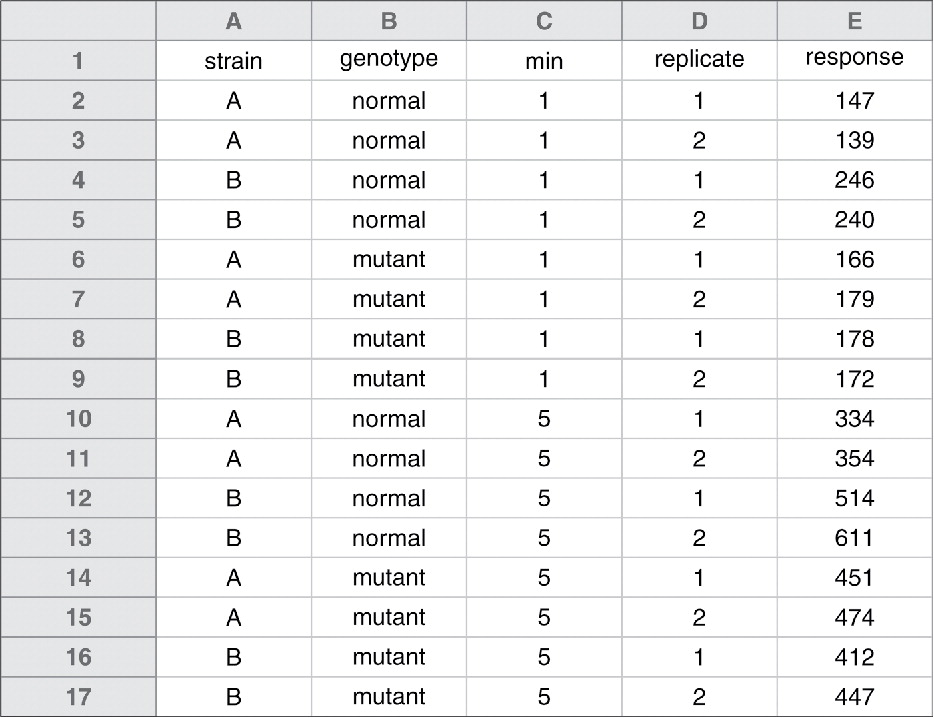
Shaun of the Dead (2004) dir. Edgar Wright wilwheaton.tumblr.com/post/631824504…
Shaun of the Dead (2004) dir. Edgar Wright wilwheaton.tumblr.com/post/631824504…
Shaun of the Dead (2004) dir. Edgar Wright wilwheaton.tumblr.com/post/631824504…
Shaun of the Dead (2004) dir. Edgar Wright wilwheaton.tumblr.com/post/631824504…
Shaun of the Dead (2004) dir. Edgar Wright wilwheaton.tumblr.com/post/631824504…
• • •
Missing some Tweet in this thread? You can try to
force a refresh









